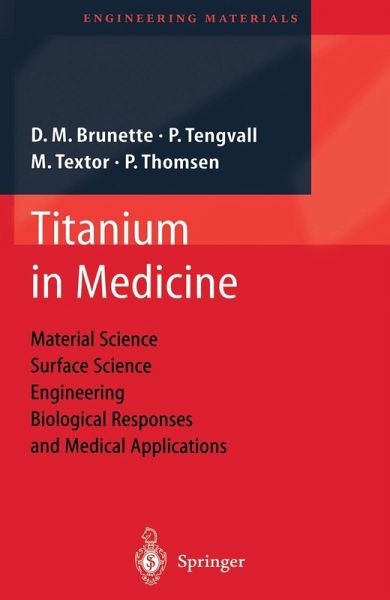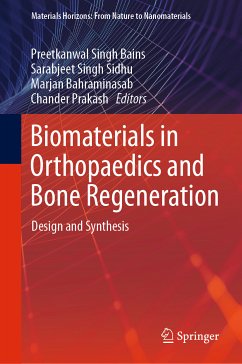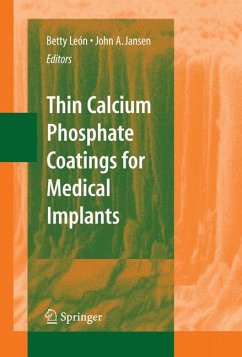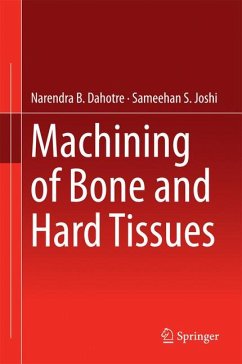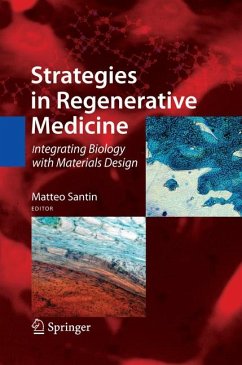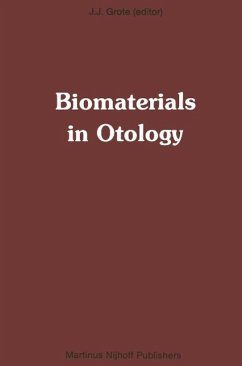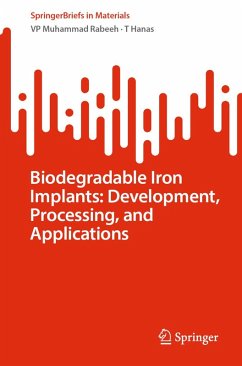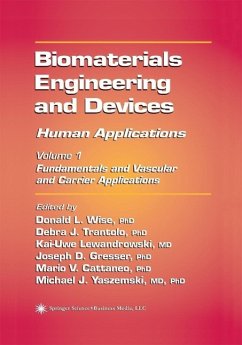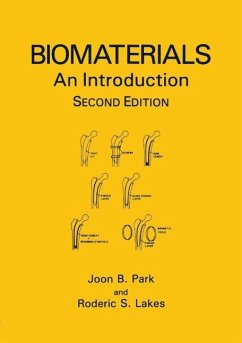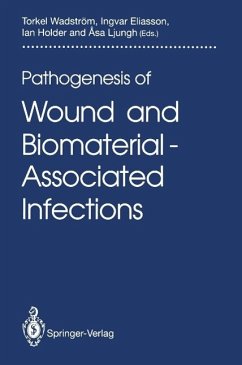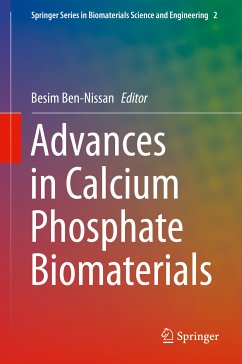is divided into five parts: Introductory Survey, Metallurgy and Fabrication, Surface Engineering, Biological Performance and Medical Applications. A sixth section contains various appendices, figures and of particular use, a list of relevant websites. Considerable depth of coverage has been given to the material science of titanium and I was particularly attracted to a concise account of the techniques used to characterise the surface of biomaterials. This exemplifies the breadth of knowledge in this text and makes it attractive to beginners and established researchers. Clinicians are also well catered for because Part V presents nine chapters relating to the application of titanium implants to numerous clinical applications, including joint replacement surgery, dental medicine, cardiovascularimplantation and audiology.
A clear logical thread pervades the text so that following a discussion of the physico-chemistry of titanium, the interaction of proteins and cells with titanium surfaces introduces readers to the biological basis of its medical application. Separate chapters then present the state of knowledge on how titanium reacts to soft tissue as well as bone, the data gleaned from animal experimentation as well as retrieved human implants. Of great value is the excellent bibliography at the end of each chapter, some of which include more than 200 references.
This book brings together the collective experience of 53 authors, which like a good composite implant, fulfils a spectrum of varyingfunctions. A separate web site has been established to gather feedback on the book.This publication will rapidly become the authoritative work on the subject of titanium in medicine and will undoubtedly prove itself to be an integral part ofthe non dust-collecting section of any library or laboratory.
C. James Kirkpatrick, MD, PhD, DSc Institute of Pathology, Johannes Gutenberg University, Mainz, Germany
e-mail: kirkpatrick
pathologie.klinik.uni-mainz.de
(medical device technology, November 2001)
"It has to be said that this is a truly excellent book, both with respect to its organisation and the quality of the individual contributions. It is difficult to think of any relevant subject that has been left out and there is very little in the book that is irrelevant or superfluous. ... there is a strong uniform style and good quality graphics and bibliographies. ... this book will be essential reading matter for anyone concerned with implantable medical devices for the foreseeable future." (D. F. Williams, Biomaterials, Vol. 23, 2002)
"'Titanium in Medicine' is a comprehensive collation of 28 chapters written by international experts that cover much more than the title may suggest. ... A clear logical thread pervades the text ... . Of great value is the excellent bibliography at the end of each chapter, some of which include more than 200 references. ... This publication will rapidly become the authoritative work on the subject of titanium in medicine ... ." (C. James Kirkpatrick, Medical Device Technology, Vol. 12 (10), 2001)
